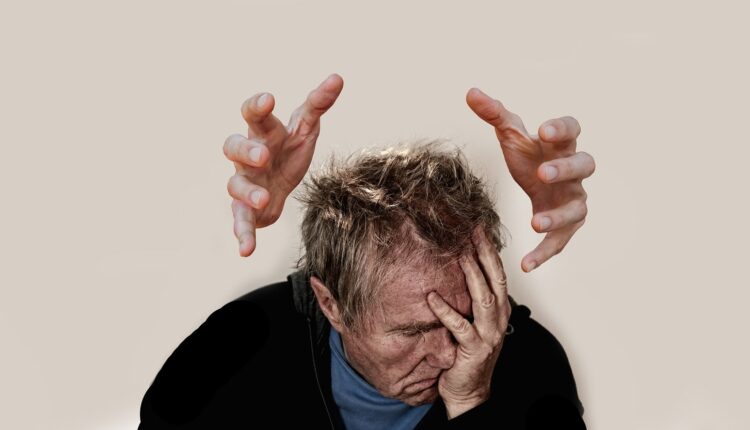Determining what stress is in a definition is not easy and management is another beast to tame. Many definitions are consistent and this certainly explains the fact that stress is a very personal evil. Each individual will experience stress for different reasons.
We could, therefore, define stress as a set of reactions and mechanisms that our body sets up in response to different situations that it deems binding, for itself and not according to a scale established by any authority. Some also speak of pressure.
Understand what stress is
Ask two loved ones what stress is. It is very likely that their answers will vary and this explains the fact that we represent stress in two ways:
Stress is a stimulus. It is therefore variable in the social or physical environment. Some may perceive it as positive, in which case it leads to action, or as negative and source of distress in the individual who feels stressed.
Stress is a consequence, the result of adaptations of our organism, insufficient or inconsistent in the face of a constraint.
Some authors refer to stress as being the result of a request from the body to cope with a stimulus that is too great, with insufficient energy reserves, or an ability to adapt too weak.
You can perceive stress as positive when it maintains motivation, but it can also be perceived as negative. Perception is personal.
You have certainly lived through the trials that shaped your experience. It is from your experiences that your sensitivity to a stimulus is built. Everyone having different experiences, everyone perceives stress in their own way. Once you figure this out, the management of stress becomes easier.
How is stress manifested?
Our body fights, at all times, against our environment to maintain a state of balance. This state of equilibrium is called homeostasis. Whatever the situation is, your body will do whatever is necessary to find this balance. This balance requires energy to function. In a stressful situation, you will therefore physically feel this physiological adaptation of your organism – your level of attention increases, along with your heart rate and consumption of oxygen and energy also increases.
Once this phase (which we will call the alarm phase) passes, your body adapts, or in any case, resists. Later you will finally run away if the stimulus is too strong.
One would be tempted to think that stress only provokes physical manifestations of this type, but it is nothing. It also manifests on a psychological level and we are convinced that this constant is the most important.
What if stress sets in?
There is no question of a better performing mind or not. It’s about a different mind. Everyone reacts differently, dictated by their experience and their environment. Some adapt more or “better” than others.
When the adaptations are not enough, or when the body is exhausted too quickly or if the stimuli are too frequent, this feeling of stress can become chronic. Homeostasis is disturbed and disrupted the functions of the organism like the immune system, sleep, memorization, concentration, digestion, regulation of fats, etc.
Physical manifestations in turn become chronic and also will affect the psychological aspect too.
We very well know that the influence of the mind on our body and the effects of stress are long term are catastrophic
- Increased morbidity
- Increase in mortality
- Increase in chronic diseases such as cardiovascular disease
- Anxiety
- Depression
- Hostility
- Behavior modification
If you don’t put appropriate measures in place, stress builds up chronically to the point that you will ever forget it. You will then be the author of the famous maxim “I am stress-free!” while your whole body is screaming the opposite.
As we saw during this article, our stress is due to or is a consequence of, our environment, our thoughts, and our ability to cope. It is therefore easy to work on these parameters to limit stress. However, note that these are not the only parameters and that some are not controllable. These include genetics and human biology.
Our health and stress go hand in hand. And it’s a good thing. Stressing when a dangerous animal attacks you in the wild is a healthy, life-saving reaction. Stress is a phenomenon that we cannot eliminate. On the other hand, learning the techniques that allow you to limit its chronic and harmful impact on your body is within your reach.
We will dwell on how to fight stress and management techniques in the coming articles too.

